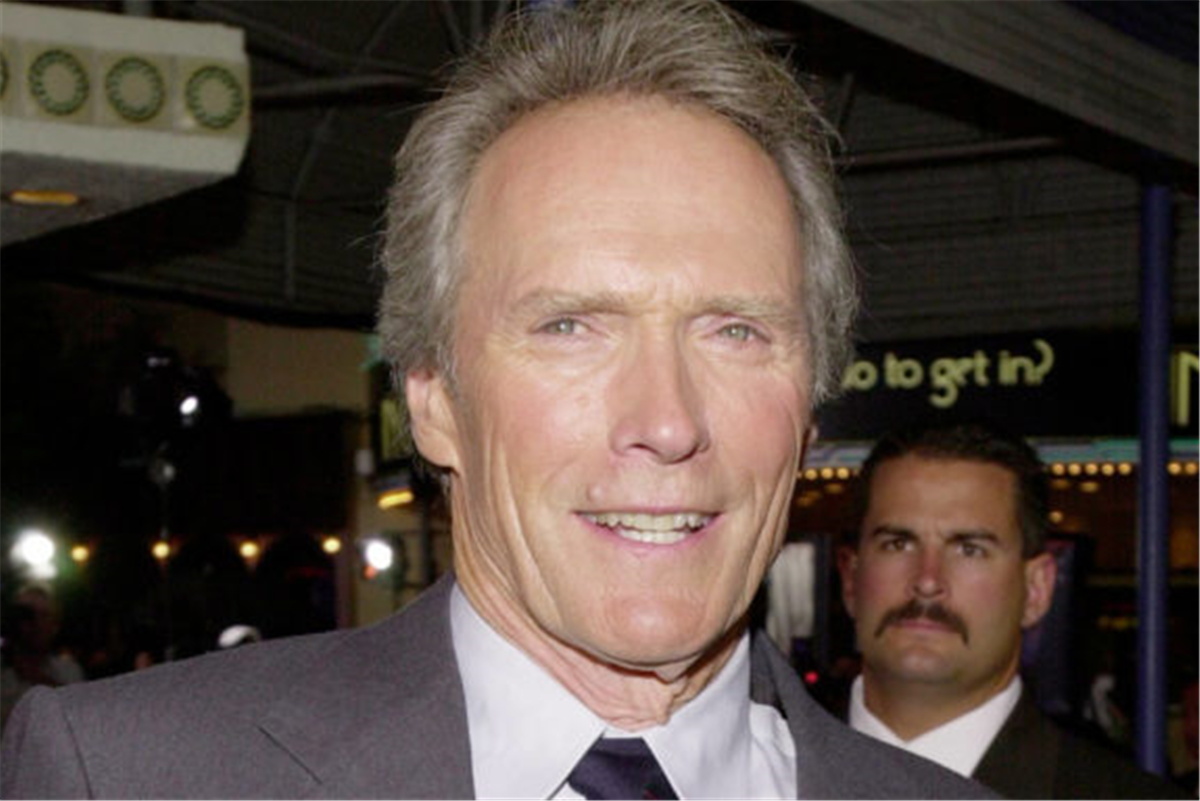In 1966, Clint Eastwood was asked to reprise his role as the Man with No Name in a Western entitled The Good, The Bad, and The Ugly. Though he eventually agreed to the role for 10 percent profits in the US on top of his salary, the Western icon had a few concerns.
The Good, The Bad, and The Ugly marked the third installment of the Dollars Trilogy, following A Fistful of Dollars and For a Few Dollars More. According to the Patrick McGilligan book Clint: The Life and Legend, Clint Eastwood was perturbed by the ever-increasing cast list. “In the first film, I was alone,” he said. “In the second, we were two. Here we are three. If it goes on this way, in the next one I will be starring with the American cavalry.”
Initially, Eastwood was worried that his new costar, Eli Wallach, would upstage him. The two were forced to get extremely comfortable with each other, however, as they shared a bed when Wallach was unable to find a hotel room in Madrid.
On top of that, though Sergio Leone was a brilliant director and helped launch Clint Eastwood’s now-legendary career, he had a rather reckless approach to filmmaking. So much so that, after The Good, The Bad, and The Ugly was complete, Eastwood never worked with Leone again, despite the director offering him a role in Once Upon a Time in the West.

Clint Eastwood’s ‘The Good, The Bad, and The Ugly’ Costar Barely Made It Through Filming AliveWhile filming The Good, The Bad, and The Ugly, Sergio Leone made Clint Eastwood smoke so many cigars that he became physically ill. The situations in which he put Eastwood’s costar Eli Wallach, however, were far more dangerous.
In his autobiography, Eli Wallach described the deadly Western set. It started with a near-poisoning. Wallach left a soda nearby on set for sips between takes. Until a careless film technician put a bottle of acid next to his drink, that is. When Wallach almost drank poison rather than soda, he likely found a safer place for his beverages.
Later on, Wallach sat on a horse with a rope around his neck, waiting to be hanged. The scene called for a gunshot, which would scare the horse enough to allow Wallach’s character to escape.
The horse was so frightened, however, that it ran for a mile with Wallach hanging on for dear life. And hanging on was rather difficult as his hands were still bound. Luckily, the noose was no longer intact or Wallach could’ve broken his neck.
In a third incident, Eli Wallach had to sever the links on a railroad track while chained to a corpse. Unfortunately, no one warned him about the iron steps along the sides of the train. And had Wallach stood up too fast, he could’ve been decapitated.
Amazingly, Wallach escaped each of these near-death situations unscathed. By the sounds of it, however, he left the Good, The Bad, and The Ugly set alive through pure luck.
